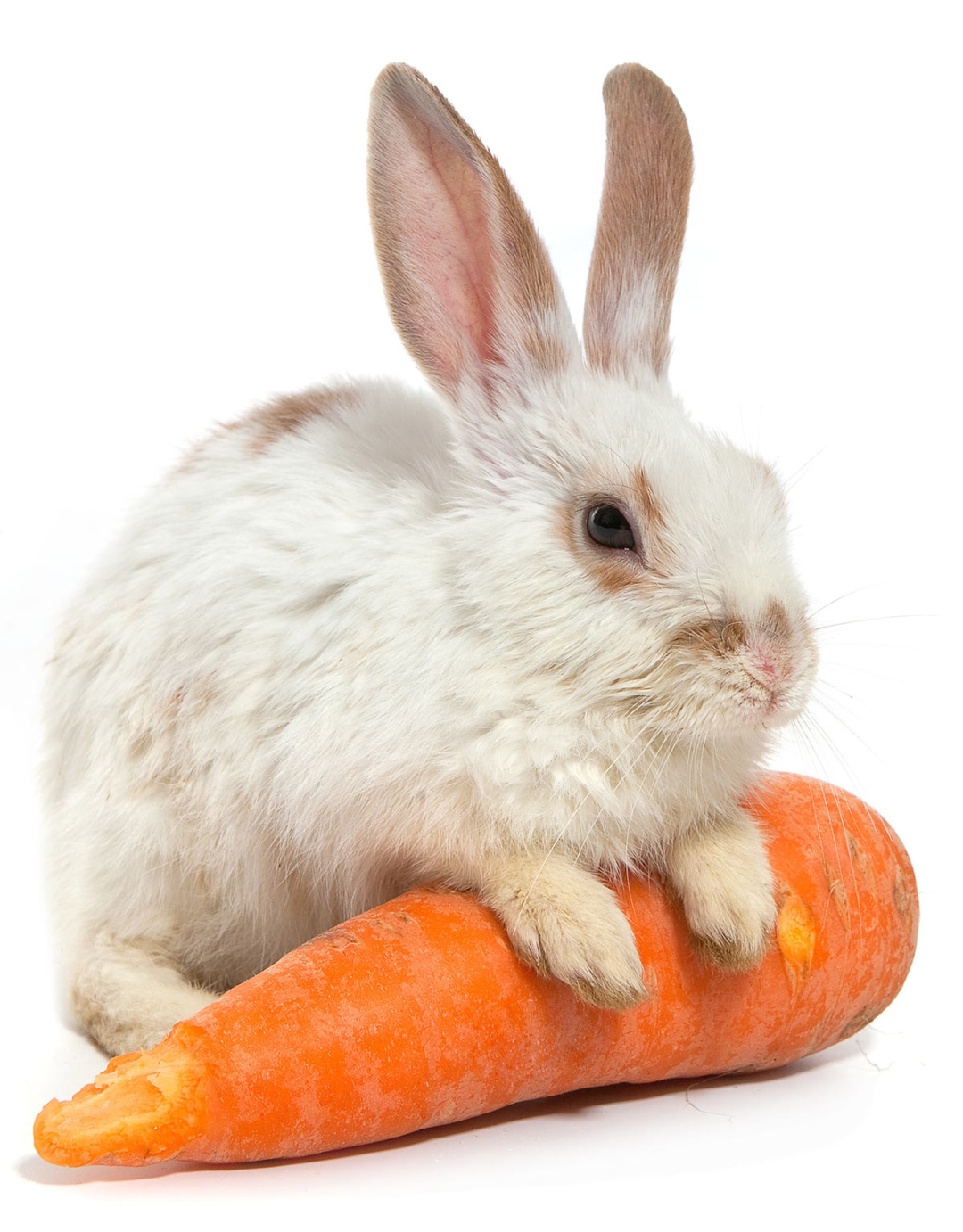How Many Carrots Can a Rabbit Eat?
Carrots are often considered a staple food for rabbits, and they are indeed a nutritious option for these furry creatures. However, it is essential to understand that while rabbits can eat carrots, they should be consumed in moderation. In this article, we will explore the recommended amount of carrots for a rabbit’s diet, along with other important considerations.

The Ideal Quantity of Carrots
Rabbits generally enjoy the sweetness and crunchiness of carrots, making them a popular treat. However, due to the high sugar content in carrots, it is crucial to limit their intake. A healthy serving of carrots for an average-sized rabbit should not exceed one to two baby carrots or a couple of small carrot slices per day. Remember, moderation is key to maintaining a balanced diet for your pet.
Why Moderation Matters
While carrots are undoubtedly a healthy choice for rabbits, consuming them excessively can lead to various health issues. The primary concern with overfeeding carrots is the high sugar content, which can cause digestive problems, including diarrhea and bloating. Additionally, excessive carrot consumption can lead to weight gain and obesity in rabbits, which can have a detrimental impact on their overall health and lifespan.
Other Considerations for a Rabbit’s Diet
While carrots are a tasty treat for rabbits, they should not be the primary component of their diet. A well-balanced rabbit diet typically consists of:
- Hay: The majority of a rabbit’s diet should consist of high-quality hay, such as Timothy hay. Hay provides important fiber that aids in digestion and helps maintain healthy teeth.
- Fresh Vegetables: Along with carrots, rabbits can enjoy a variety of fresh vegetables, including leafy greens like spinach, romaine lettuce, and kale. However, introducing new vegetables to a rabbit’s diet should be done gradually to avoid digestive upset.
- Pellets: High-quality rabbit pellets formulated specifically for rabbits can provide additional nutrients and should be given in limited quantities according to the manufacturer’s instructions.
- Water: Fresh, clean water should always be readily available to rabbits to ensure hydration and proper bodily functions.
Common Rabbit Feeding FAQs
Can rabbits eat carrot tops?
Yes, rabbits can eat carrot tops. Carrot tops are safe and can be offered as a part of their leafy greens. However, make sure to wash them thoroughly to remove any potential pesticides or contaminants.
Can rabbits eat carrot peels?
Rabbits can eat carrot peels, but it is advisable to remove the peels as they can be more difficult to digest and may cause digestive issues or choking hazards.
Can rabbits eat cooked carrots?
No, rabbits should not be fed cooked carrots. Raw carrots are the best option for rabbits as cooking can alter the nutritional composition and make them less suitable for their digestive systems.
What if my rabbit eats too many carrots?
If your rabbit accidentally consumes too many carrots or exhibits signs of digestive distress, such as diarrhea or bloating, it is recommended to consult a veterinarian. They can provide guidance and ensure the well-being of your furry friend.
Remember, a rabbit’s diet should primarily consist of hay and fresh vegetables, with carrots being offered as an occasional treat. Moderation is key to keeping your rabbit happy and healthy!
By following the recommended guidelines and providing a well-rounded diet, you can ensure that your rabbit receives the necessary nutrients while minimizing the risks associated with excessive carrot consumption. Always prioritize your pet’s well-being and consult a veterinarian for personalized advice regarding your rabbit’s diet and specific nutritional needs.
Related Articles…
Copyright Notice:
All images featured on this site are sourced from the internet, copyrights belong to respective owners. Should you own any image and require it to be removed, please contact us.